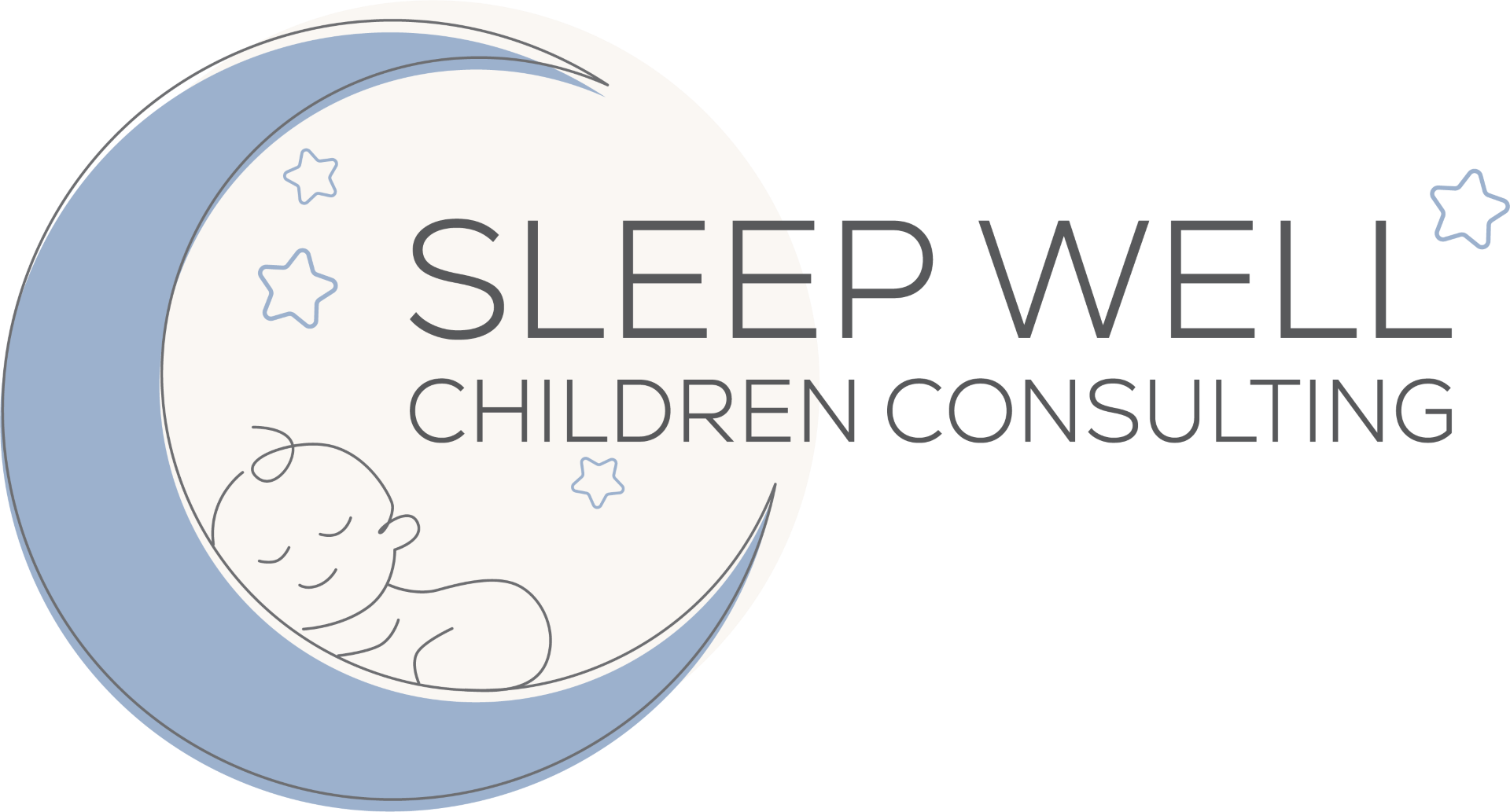Shannon Glenn is the owner and founder of Sleep Well Children Consulting and a Certified Pediatric Sleep Specialist. She is dedicated to helping parents assist their children and babies in developing healthy sleep habits. With a B.A. in Psychology, Shannon has worked extensively with children and their families for over 15 years in a variety of settings. She has been offering sleep solutions for over six years.
Does having a child say “I’m sorry” really teach a child to be sorry?
The words “I’m sorry” are the words you will often hear come out of a child’s mouth usually after prompted by an adult and usually after the child has done something not so nice to another child. There is something about those words that makes adults feel better if they hear a child say them and there is something about those words that makes children quickly learn to say them. But do children really understand the meanings of the word and more importantly do children really feel sorry when they behave in an unfriendly manner?
In a brief answer, no they do not. While we adults have the very best of intentions to teach our children to say sorry just as we teach children to say please and thank you. Please and thank you are very nice manners to have however sorry is not a manner. Sorry means to feel or express sympathy or remorse. So telling a child to say sorry isn’t teaching sympathy or remorse. Unfortunately it’s teaching them to say some words and that makes everything better when really it doesn’t.
So what should we do? Teach them to feel remorse or sympathy. For example you could say something like this, “Paul you just hit Caleb in the arm. Look at his arm, it is red and looks like it hurts. I feel sorry for Paul that you hit him. He seems really sad. What do you think you could do to make him feel better?” Have the child think about what he did and then come up with a solution and if he says he could say sorry, you could agree with that but then ask him what else he could do and make him think a little more about it. That could be a way to handle children over the age of three. If you have children under the age of three and they do something cruel to another child, removing the child from the situation and using a timeout is probably more fitting. And most importantly for toddlers is to model appropriate play and give toddlers plenty of opportunities to interact with others so they can practice those skills.
Take the time to teach and model for children how to feel sorry and perhaps when they get much older and say they are sorry, they will really mean and understand it.
Have a wonderful day!
Why didn’t we try this sooner?! As we speak he is sound asleep in his crib – and has been since 7:15 pm.
Karianne Wanggaard
Sleep Well Sleep Specialists
Don't go through another night of bad sleep.
Contact us to schedule your FREE 15-minute sleep evaluation!
Working with Shannon, I went from 2-3 wake ups every night to 1 or 0. She aligned the plan with my preferred sleep cycle. She was always coaching, never judging. Shannon was great, I have referred MANY people to her! That's the best testament to her work that I can give.
Laura

